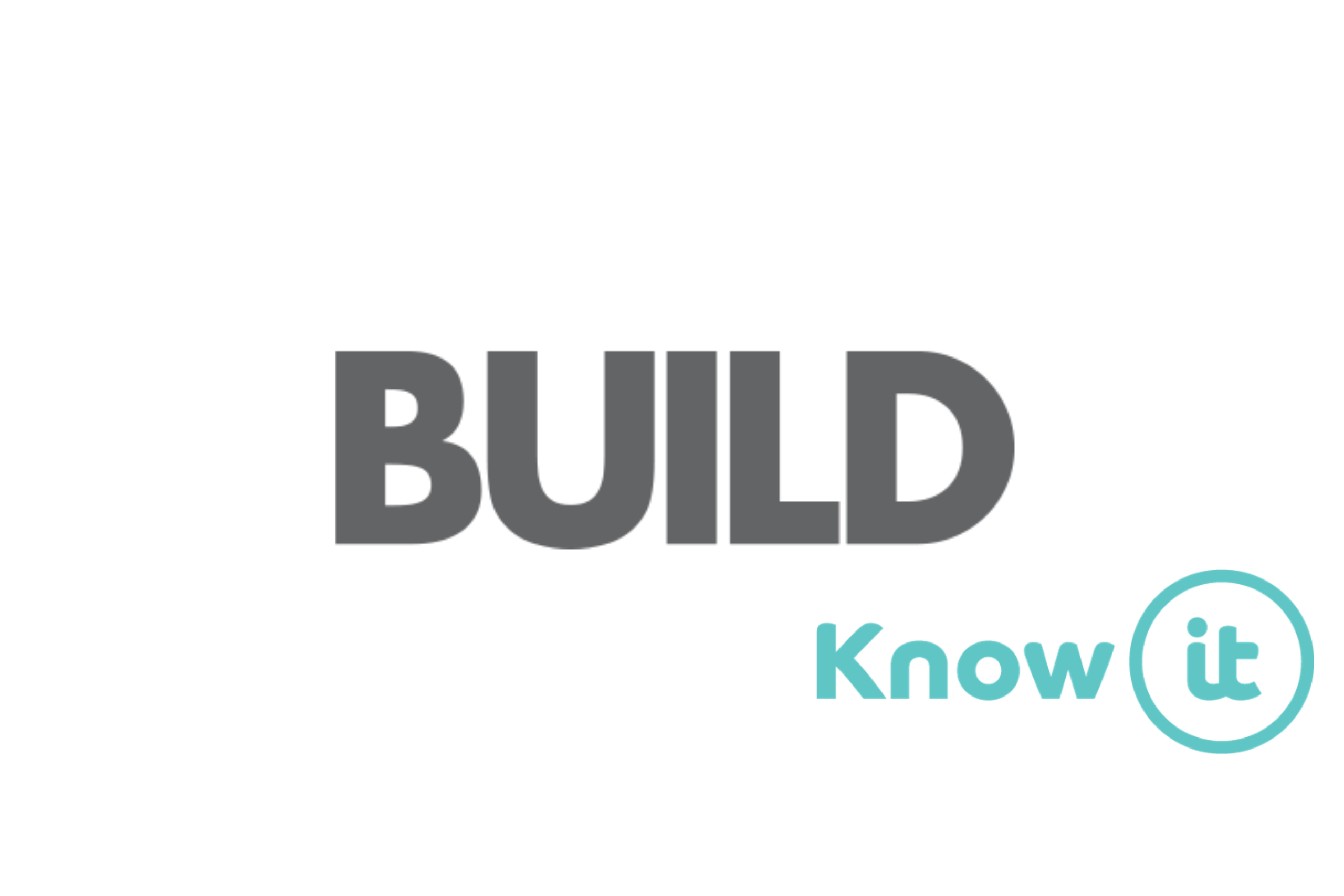Cashflow is king to avoid becoming an insolvency statistic
After another month of grim reading in terms of national insolvency figures, many firms will be acutely aware that – as the economic situation deteriorates further – they could be next. Lynne Darcey Quigley, Founder and CEO of Know-it, discusses how firms can mitigate risk, and avoid becoming a statistic in the months ahead.
Amidst the current economic turmoil, company insolvency figures continue to reflect the lay of the land for British businesses. Despite the bad news, there are steps business owners can take to ensure they do not fall victim to the threatening financial climate.
The number of company insolvencies in England and Wales in October were 38% higher than October 2021 and 32% higher than pre-pandemic levels, with 1,948 companies filing for insolvency. The 242 compulsory liquidations reported in October this year were a staggering 400% more than last year. In Scotland the story is almost identical with 82 company insolvencies meaning they were 22% higher year on year.
What do these figures show? The effects of the Covid pandemic are now settling in and taking effect. The government can no longer afford to financially support businesses to the same extent as it did in the early days of the pandemic, which has proved to be the final nail for many business owners.
It’s not just the pandemic either; rising energy prices, record inflation levels and greater supply costs have also contributed to the rising cost of living (and business) crisis. Those businesses which just about navigated the pandemic have since been greeted by an avalanche of economic pressures falling on top of them.
Following October’s figures, it would be unrealistic to suggest that things will get better right away. The Bank of England has warned the UK is set for its longest ever recession in the coming months.
The political instability of the UK, which has led to sky high interest rates and a weakened pound, will also intensify headaches for business owners and their finance teams across the country. As consumers and businesses tighten belts due to low confidence and the current high cost of borrowing, the economy as a whole should brace itself for further bad news when it comes to insolvency figures.
Building for survival
Now, more than ever, cashflow is king. Business owners cannot afford to put a foot wrong when it comes to managing their business cashflow. If cashflow is not optimal (particularly for SMEs) then the unforgiving financial climate will punish businesses more severely than in years gone by.
Ensuring your business is paid on time is crucial to ensuring cashflow maintains its strength. UK organisations should do their due diligence with potential customers before committing to a partnership. Taking the necessary steps to credit check businesses will be the guidance business owners need to ensure they only go into partnership with customers with a reliable credit rating.
Having the foresight to sidestep potential partners with unreliable credit ratings will pay dividends in both the short and long term for any business. Delivering work for businesses with poor credit increases the likelihood of late payments inflicting disruption to cashflow.
Getting to know customers before it is too late could be the difference between your business having seamless or disrupted cashflow. If an overdue invoice is yet to be paid, then business owners must be proactive in seeking immediate payment to avoid cashflow being hindered during these turbulent conditions.
The latest insolvency numbers will be disheartening for many business owners, particularly SMEs. In light of these figures, it is important for business owners to remember that preparation is key. Being able to credit check, chase and collect customers and any payments swiftly will be critical to ensuring business cashflow remains healthy during the current climate.
It is important for many business owners to remember that they have already navigated a global pandemic and all of the implications which came with it. As financial support from the government is no longer an option, businesses can turn to technology to help ensure business continuity through healthy and uninterrupted cashflow, further improving their chances of successfully seeing out the current economic headwinds.
This article was first published by Consultancy.uk

































